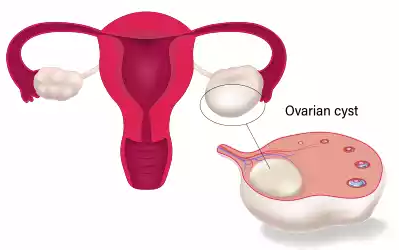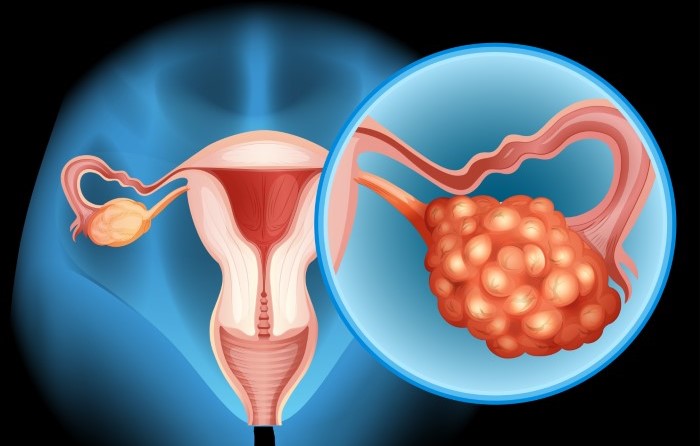Why Ignoring an Anal Fistula Can Be a Dangerous Mistake

Anal fistulas are a very common medical condition that is infrequently understood. The symptoms are found to be unknown to many people because of embarrassment or unawareness, thus shying away from treatment. But, by neglecting an anal fistula, you can cause severe complications that can have a great effect on your life and welfare. This blog will discuss the anal fistula, why a person must not neglect it, and how early medical treatment is essential.
What Is an Anal Fistula?
An anal fistula is an abnormal tract that develops between the lining of the anal canal and the skin around the anus. It commonly occurs due to an infection in one of the small anal glands, which produces an abscess. A fistula may develop after the abscess drains or breaks. The fistula is almost a channel that links the infected gland to the surface of the skin, usually resulting in continuous discharge, irritation, and pain.
Common Symptoms of an Anal Fistula
Recognizing the symptoms of an anal fistula is the first step toward getting timely treatment. Common signs include:
- Persistent pain and swelling around the anus
- Discomfort or pain during bowel movements
- Discharge of pus or blood from a small opening near the anus
- Irritation or itching of the skin around the anus
- Recurring abscesses in the anal region
- Fever in some cases
If you experience any of these symptoms, it is crucial to see a specialist immediately instead of ignoring them.
Why Do People Ignore Anal Fistulas?
Despite the discomfort and inconvenience, many people delay treatment for anal fistulas due to:
- Embarrassment or stigma around discussing anal or bowel issues
- Lack of knowledge about the condition and its seriousness
- Hoping symptoms will resolve on their own
- Fear of surgery or invasive treatments
However, ignoring this condition can lead to more severe health problems and complex treatments later.
Complications of Neglecting an Anal Fistula
- Chronic Infection and Abscess Formation: When an anal fistula goes untreated, there is a chance that it will become chronic and continuously get infected. Recurrent abscesses may develop with this chronic infection and may be painful and require emergency drainage procedures. With time, the skin surrounding the fistula could get considerably swollen and tender.
- Infection Transmission: Anal infections may occasionally extend to the nearby surroundings, such as the pelvic area. In serious cases, the infections might result in sepsis, which is a life-threatening condition because the infection moves into the bloodstream.
- Effect on Quality of Life: Untreated fistulas may cause constant pain, discharge, and itching that may have an adverse impact on your daily life. It may lead to discomfort both when sitting and when defecating and can interfere with sleep. Chronic sweat is also associated with irritation of the skin and hygienic problems that may diminish your self-esteem and social ease.
- Growth of intricate fistulas: The consequence of ignoring a simple fistula may lead to complications of its complex structure. Complex fistulas are more complicated, as they have numerous other branches and tracts, so treating them is harder. Such intricate cases may demand invasive operations and also take a long time to heal.
- Danger of Incontinence: Untimely treatment may as well expose you to damaged anal sphincter muscles. The anal sphincter governs the bowel tube, and when destroyed, fecal incontinence may occur (when you are unable to control bowel movement).
What Are the Treatment Options?
Treatment depends on the type, location, and complexity of the fistula. Common methods include:
- Fistulotomy—The most common and effective procedure for simple fistulas.
- Seton Placement—Used in complex cases to help drain infection and keep the fistula open.
- LIFT Procedure—A sphincter-saving technique for deeper fistulas.
- Laser or VAAFT Treatment—Minimally invasive procedures with quicker recovery.
Why Choose Pelvinic Clinic?
At Pelvinic Clinic, you are in expert hands. Dr. Sandip, a leading colorectal surgeon, brings years of experience and the latest technology to treat anal fistulas with precision and care. From accurate diagnosis to post-treatment follow-up, the clinic provides end-to-end support in a discreet, compassionate environment.
Benefits of Choosing Dr. Sandip:
- Personalized assessment and treatment planning
- Use of minimally invasive and sphincter-saving techniques
- Quick recovery and reduced downtime
- High success rate with minimal recurrence
- Transparent communication and supportive staff
Patient Voice
Click to watch video : https://www.youtube.com/watch?v=57ZYaaqy1rI
Final Thoughts
Leaving an anal fistula untreated is a perilous error that may result in chronic infection, painful acute woundings, intricate procedures, and even life-changing thoughts, such as incontinence. It is essential to identify symptoms early and seek professional care.
Good to keep in mind is that anal fistulas are treatable, particularly during the early stages. With the help of a medical doctor, you can avoid complications and recover your health quickly.
Know someone or are you in need of help with the symptoms of an anal fistula?
Please do not be shy to seek it. Contact Pelvinic Clinic and Dr. Sandip to receive expert and caring treatment.



